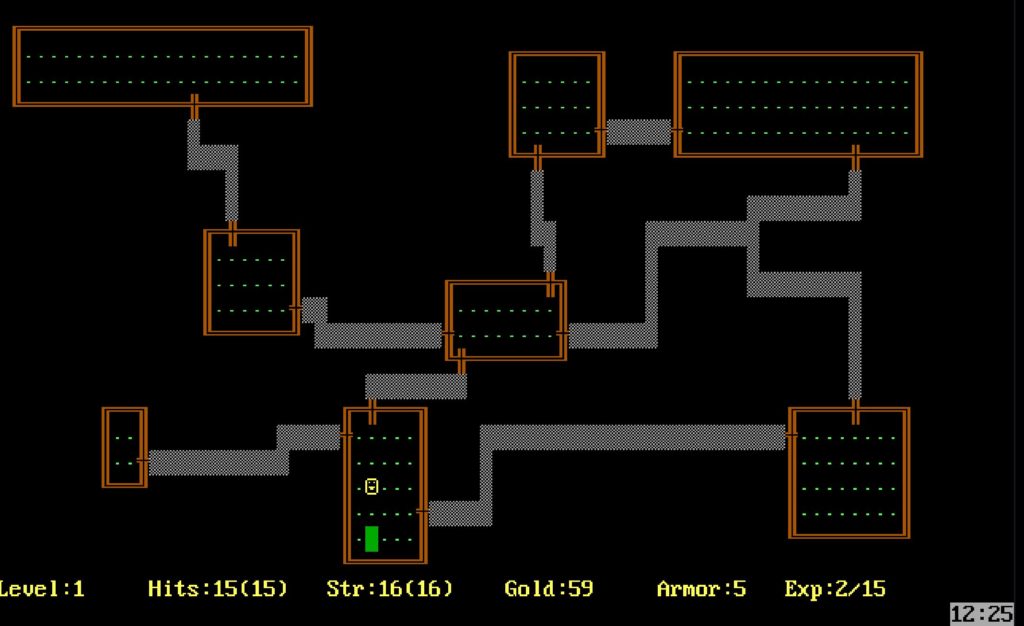From the original “Rogue” in 1980, to “Dungeon crawl stone soup” in 2006, and most recently “Hades”, Roguelike games continue to win people’s attention and, certainly, their favor. As a person who never spends any time on playing video games, I have played Hades for more than 20 hours since last week when I was asked to play it for this course.
This certainly makes me wonder:
WHAT MAKES ROGUELIKE GAMES SO ATTRACTIVE AND ADDICTIVE?
Of course there are many unique attributes that promotes roguelike games to become one of the most favorite game genres: the inevitable death of the player, the gradual learning progress when the game progresses, and so on. However, for the short of time and to insure the depth of our investigation, I want to focus on one specific attribute of roguelike games that makes it so popular — randomness.
Most game players must have an experience like this: you play a game that follows certain path of story line, and when you reached the end of the story, you are most likely done with this game.

OR This: you play a game that has many levels, getting more and more difficult one after another, and you are finally stuck at certain level and try to pass it over and over again. Finally, either you are sick of that level or you finally reached the last level. Then you are done with the game.
So as a game designer, how do you make people stay longer on your game?
The most straightforward way would be to increase the complexity of the game or the number of the levels. This certainly helps and as we could witness right now that most games nowadays have much, much more complicated story lines than those in the past.
However, there is another cost-efficient way to achieve this goal, and that I believe is to introduce randomness into the game. Randomness, a core attribute of roguelike games, is the reason that many roguelike game players never get bored. With randomness at work, the players have no idea what they will confront in the next room. In a sense, every single game is a unique adventure: no fixed story lines, no repeating levels, no fixed route to success.
From a personal perspective, the second measure, which is to introduce randomness into the game, is much more efficient way to get player stay: while the increase of playing time for the first measure is linear, that of the second is exponential. In other words, if you add one more level for the game, the player will stay to play for one more level, yet when you add some randomness in the game, players may stay triple time just to explore the possibilities.

To sum up, randomness is one key feature of roguelike games that keeps drawing players attention and gives them fulfillment throughout the game.


I think you make a great point here about the power of randomness to elongate games. Roguelikes like Hades and Dead Cells have relatively little content, but an endless variety of possibilities that stem from different combinations of equipment or powers. I think this post leads us to question why randomness is so addictive to many players? What’s so exciting about traversing the same levels with a minor change in enemies and equipment, as opposed to a game with more overall content? Is it the desire to optimize or to search for an incredibly lucky play-through? Or just the desire to explore every corner of possibility in the game?